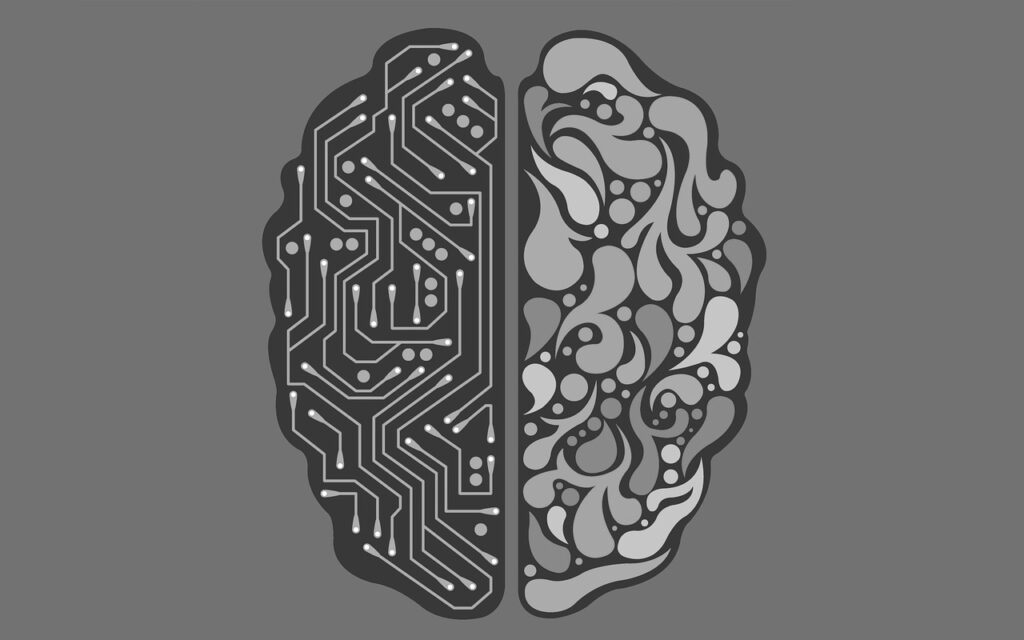Revival of Learning
Welcome to “Revival of Learning,” we’ll be sharing our thoughts on education and discussing ideas we’re digesting along the way here in hopes of bringing new light to timeless truths.
Over a hundred years ago, a conference was held for educators of young children at the school where they had trained. The opening address was by the head of the school, Charlotte Mason. She began, “My very dear friends.”
What she spoke to these old students of hers, now teachers, echoes down the corridors of time into our modern world today where we are still grasping for answers to basic questions about how to educate our children. If you are a teacher, a parent, or anyone else responsible for educating children, I hope you will find something here to help you along the way. Her address continues…
“It gives me particular delight to welcome you here just now not only as beloved Old Students, but as staunch fellow-workers, laboring for what one of us describes as a new Revival of Learning.
The note of joyousness which I usually find in Old Students’ letters and in the examination papers of their children is to my mind the note of the revival we are working for, because it is almost always joy in books, in knowledge. You remember that delightful schoolmaster of the Middle Ages, who called his Mantuan school “La Giocosa,” because it was in truth a house of joy, the joys being those of plain living and high thinking, and of great delight in learning, joys shared by prince and peasant, for Vittorine did not believe that the love of knowledge belonged to any one class. Your little schoolrooms often remind me of “La Giocosa,” in fact, each of them is “La Giocosa,” because the children are vitalized by their delight in knowledge.”
Charlotte Mason arrived at several principles and methods, “little secrets,” in the way of imparting this joy, and today, many children and adults around the world are experiencing this Revival of Learning for the very first time. Yes, right here, amidst an overpriced, bloated, morally bankrupt, and failing educational system, lights are coming on in minds everywhere and together they are delighting in knowledge.
She ended her talk with: “[I] commit to your wisdom and discretion a great cause with great confidence.”
It is that “great cause” we continue to attempt to carry on in these pages. We hope you’ll follow along!
Revival of Learning Read More »




